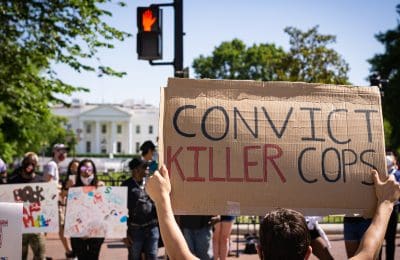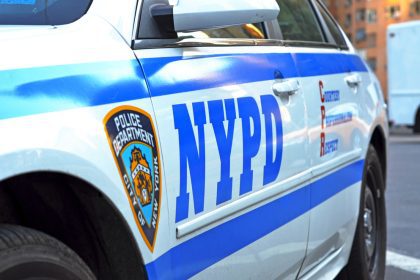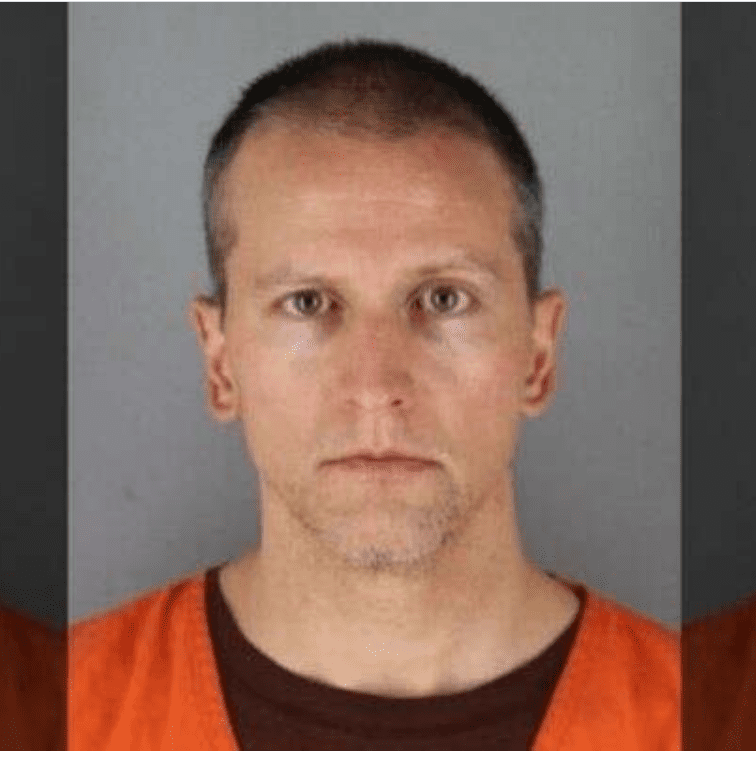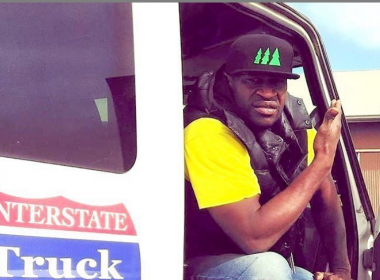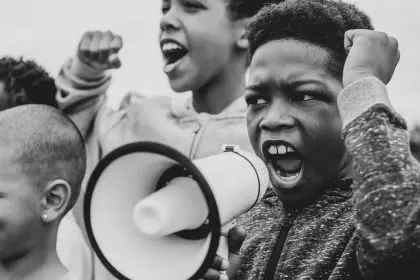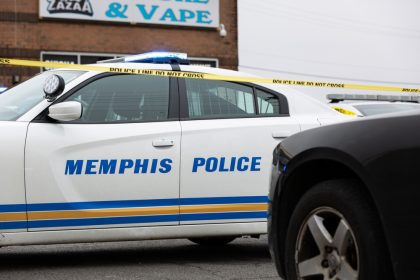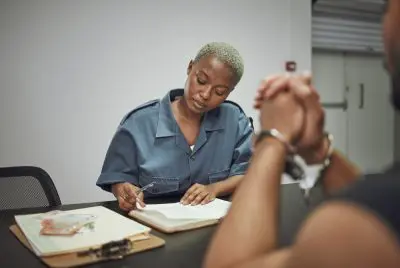
Still deeply rooted in the slave patrols formed in the 1700s, contemporary practices of policing and mass incarceration emerged to confront Black people with limited access to legitimate work. With the failure of social programs in the wake of 1960’s race riots, the police, courts, and prisons have been weaponized to keep the Black poor in segregated neighborhoods and out of good jobs.
“Over the past few decades cities have turned to policing to fulfill two functions: to surveil and discipline Black populations hardest hit by economic shifts and to collect revenue in the form of fines,” Lester Spence, professor of political science at John Hopkins University and author of Knocking the Hustle: Against the Neoliberal Turn in Black Politics told Salon writer Daniel Denvir. “The Black men most likely to be left out of the formal economy — who have to engage in various illegal hustles to make ends meet — are far more likely to suffer from police violence than other Black men.”
The problem has racial roots, but it is spreading beyond that construct; hence the rise of Bernie Sanders and Donald Trump (two sides of the same coin). A 2011 study of America’s underground economy estimated $2 trillion in unreported income resulted in $500 billion in unpaid taxes. Much of this tax gap is due to corporations, who dedicate entire departments to figuring out how to avoid paying taxes, and who often take their money and jobs offshore. A justice system designed to protect and serve corporations and the super-rich has no other option than to deploy its modern slave patrols to recoup the missing revenue.
This is why police running up on – and sometimes murdering – innocent men like Eric Garner for selling loose cigarettes on the corner, or Alton Sterling for selling DVDs, or the next man for selling incense on the subway, is just the tip of the iceberg. Their targets are innumerable: immigrants in day-labor construction, women braiding hair or cleaning houses on the side, sex workers, drug dealers, can collectors, panhandlers, laid-off workers doing odd jobs while collecting unemployment – all are potential victims to be made examples of for the masses.
“I no longer believe that we can ‘fix’ the police, as though the police are anything other than a mirror reflecting back to us the true nature of our democracy. We cannot ‘fix’ the police without a revolution of values and radical change to the basic structure of our society. Of course important policy changes can and should be made to improve police practices. But if we’re serious about having peace officers — rather than a domestic military at war with its own people — we’re going to have to get honest with ourselves about who our democracy actually serves and protects,” Michelle Alexander, author of The New Jim Crow: Mass Incarceration in the Age of Colorblindness, recently wrote in a passionate Facebook post.
Social media is now making it possible for these atrocities to be witnessed in real time. The question is whether the images will spark enough sustained outrage for us to demand change, or cause us to shrink further into our fashionable corners of blind consumerism.
“Our entire political system is financed by wealthy private interests buying politicians and making sure the rules are written in their favor. But selling CDs or loose cigarettes? In America, that’s treated as a serious crime, especially if you’re Black. For that act of survival, you can be wrestled to the ground and choked to death or shot at point blank range. Our entire system of government is designed to protect and serve the interests of the most powerful, while punishing, controlling and exploiting the least advantaged. This is not hyperbole. And this is not new. What is new is that we’re now watching all of this on YouTube and Facebook, streaming live, as imagined super-predators are brought to heel,” the highly acclaimed legal scholar continued. “It’s worth remembering, though, none of the horrifying images from the Jim Crow era would’ve changed anything if a highly strategic, courageous movement had not existed that was determined to challenge a deeply entrenched system of racial and social control. This nation was founded on the idea that some lives don’t matter. Freedom and justice for some, not all. That’s the foundation. Yes, progress has been made in some respects, but it hasn’t come easy. There’s an unfinished revolution waiting to be won.”
We are running out of hashtags. Are we willing to take the next step?

